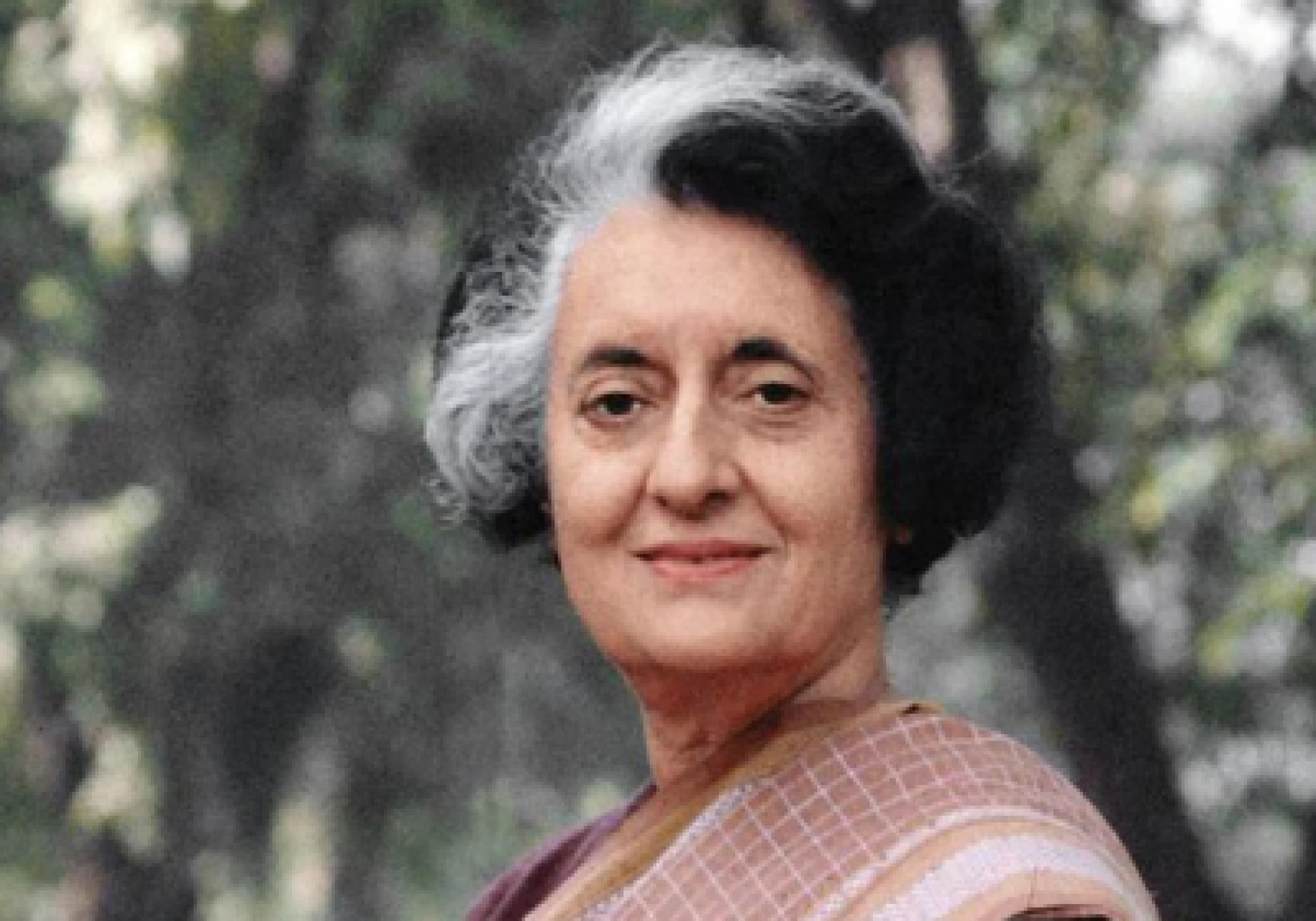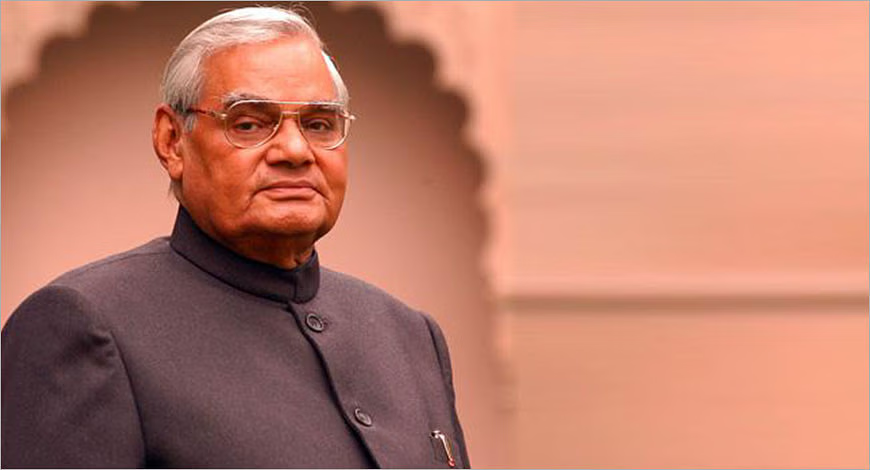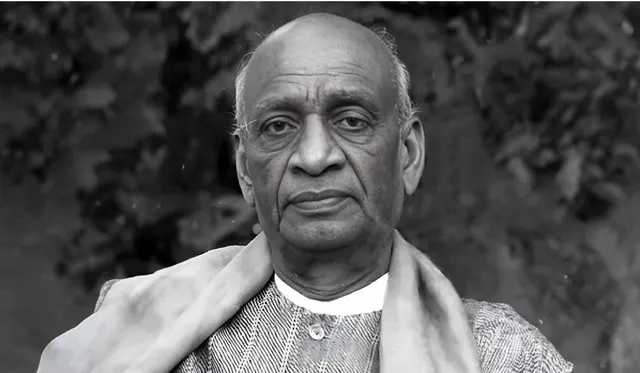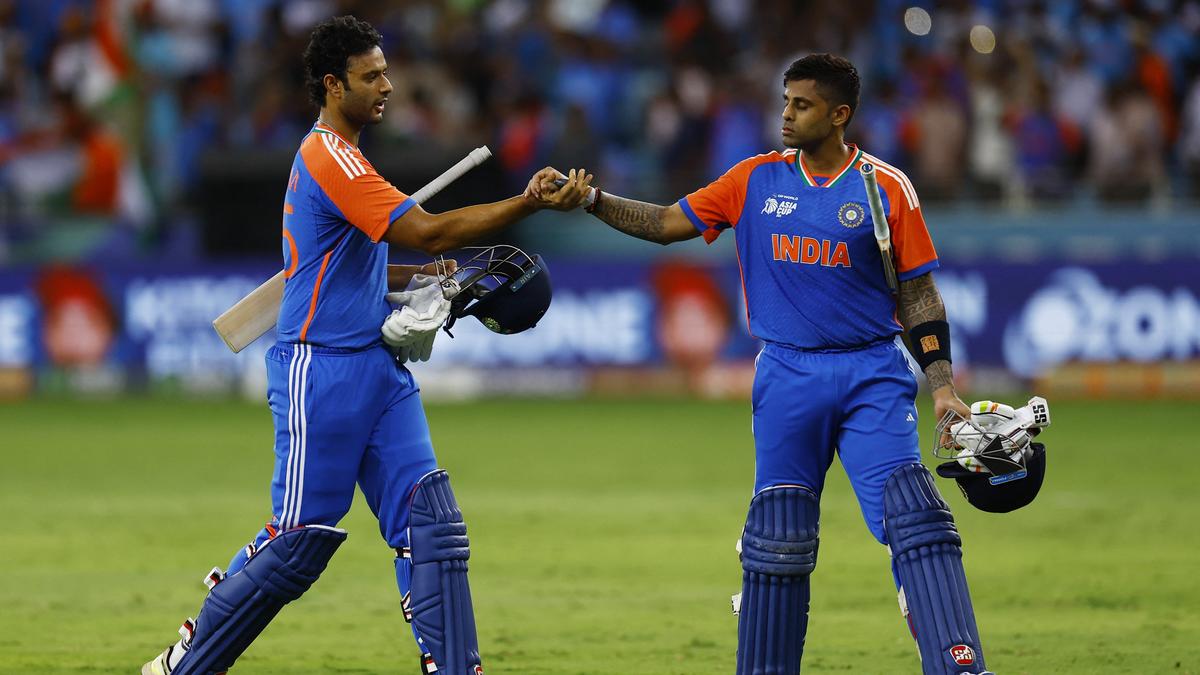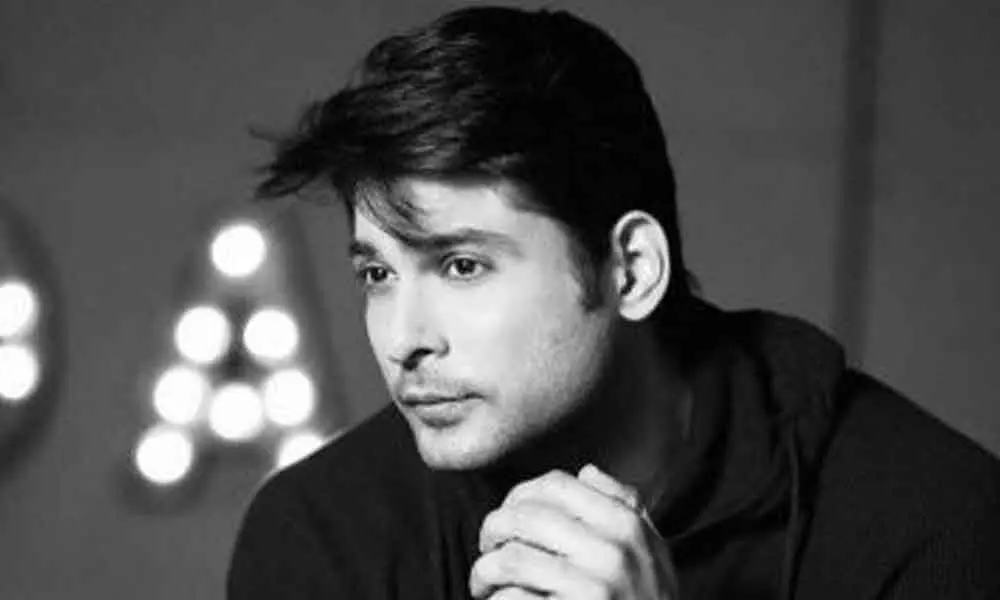H. D. Deve Gowda Biography: Life, Political Journey, Achievements, and Legacy
Introduction
Haradanahalli Doddegowda Deve Gowda, popularly known as H. D. Deve Gowda, is an Indian statesman and veteran politician. Rising from humble beginnings in rural Karnataka, he went on to become the 11th Prime Minister of India (1996–1997), leading the United Front coalition. Known as the “son of the soil,” Deve Gowda is admired for his deep knowledge of agriculture, grassroots connect, and role in coalition politics. The H. D. Deve Gowda Biography reflects the journey of a farmer’s son who rose to occupy the nation’s highest office and became one of India’s most respected regional leaders.
Personal Information
- Full Name: Haradanahalli Doddegowda Deve Gowda
- Date of Birth: 18 May 1933
- Birthplace: Haradanahalli, Hassan District, Karnataka, India
- Nationality: Indian
- Zodiac Sign: Taurus
- Spouse: Chennamma Deve Gowda
- Children: Six (including H. D. Kumaraswamy — former CM of Karnataka, and H. D. Revanna — senior JD(S) leader)
Physical Appearance
- Height: 5 feet 6 inches (168 cm)
- Weight: Approx. 70 kg
- Hair Color: White
- Eye Color: Black
- Build: Average
Early Life and Childhood
Deve Gowda was born in a farming family in Haradanahalli village, Hassan district. His rural upbringing and early struggles instilled in him resilience, empathy for farmers, and a deep connect with grassroots India. Despite financial hardships, he pursued education and became known for his interest in public service and leadership.
Education
- Studied Civil Engineering at L. V. Polytechnic, Hassan (did not complete degree due to family responsibilities).
- Developed an early interest in farming, rural development, and politics.
Entry into Politics
- Entered politics through the Indian National Congress in the 1950s.
- 1962: Elected to the Karnataka Legislative Assembly for the first time from Holenarasipur constituency.
- Served as MLA for several terms, emerging as a popular leader representing farmers and rural communities.
- Later joined the Janata Party during the political churn of the 1970s and 1980s.
Rise in Karnataka Politics
- 1983–1988: Served as Minister of Public Works and Irrigation in Karnataka, where he championed irrigation projects.
- 1991: Became President of Janata Dal in Karnataka, building a strong base in Hassan and Southern Karnataka.
- 1994–1996: Served as the 14th Chief Minister of Karnataka, where his tenure was marked by focus on irrigation, rural welfare, and Kannada identity.
Prime Minister of India
- 1996: After the general elections, no single party secured majority. Deve Gowda, as a consensus candidate of the United Front coalition, was sworn in as the 11th Prime Minister of India.
- His tenure (1996–1997) was noted for:
- Emphasis on agriculture and rural development.
- Focus on strengthening federalism and giving states more voice.
- Maintaining balance in coalition politics.
- Stepped down in 1997 after losing support from Congress, which had been backing his coalition from outside.
Major Achievements
- First Karnataka leader to become Prime Minister of India.
- Strengthened irrigation and rural development initiatives during his state and national roles.
- Played a significant role in shaping coalition politics in India during the 1990s.
- Founded and led the Janata Dal (Secular) [JD(S)], maintaining regional influence in Karnataka politics.
- Known as a lifelong advocate for farmers’ rights.
Challenges and Criticism
- Criticized for being a compromise candidate with limited control as PM.
- His government was perceived as unstable, dependent on Congress’s outside support.
- JD(S) remained a regional force, unable to expand significantly beyond Karnataka.
- Accused of promoting family members in politics (dynasty politics).
Personality and Leadership Style
Deve Gowda is admired for his:
- Grassroots leadership and simplicity, often called “Mannina Maga” (Son of the Soil).
- Strong focus on farmers’ welfare and irrigation projects.
- Consensus-building style, crucial in coalition politics.
- Humble and down-to-earth persona despite holding India’s top office.
Legacy and Impact
The H. D. Deve Gowda Biography tells the story of a humble farmer’s son who rose to become India’s Prime Minister. His legacy lies in federalism, coalition politics, pro-farmer policies, and regional empowerment. Though his tenure as PM was brief, his rise symbolizes the strength of grassroots leadership in Indian democracy. His family continues to play an active role in Karnataka politics through JD(S).
